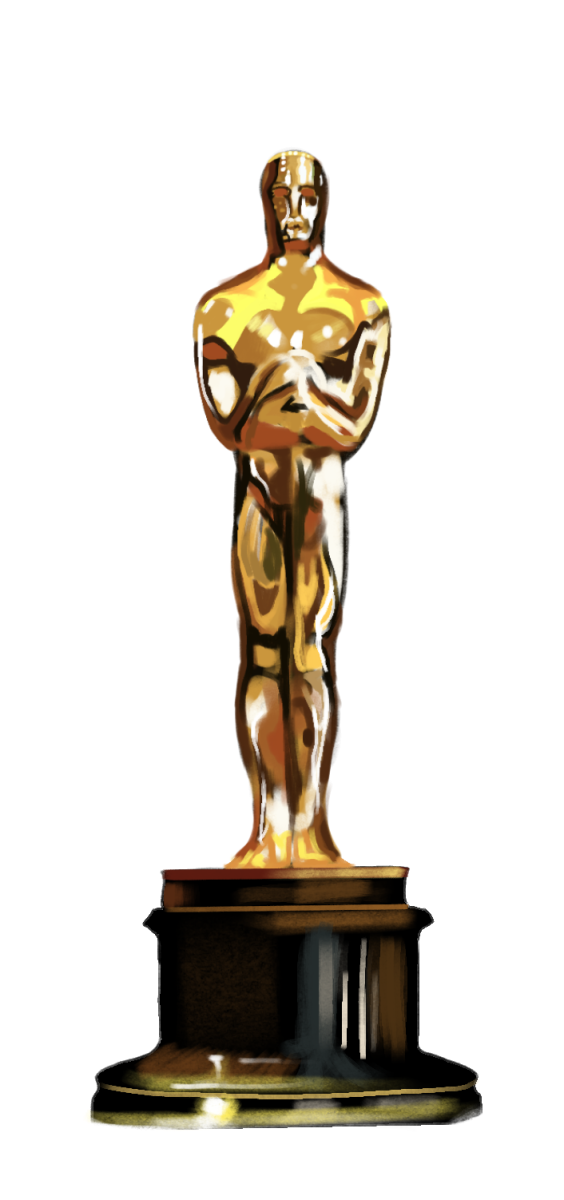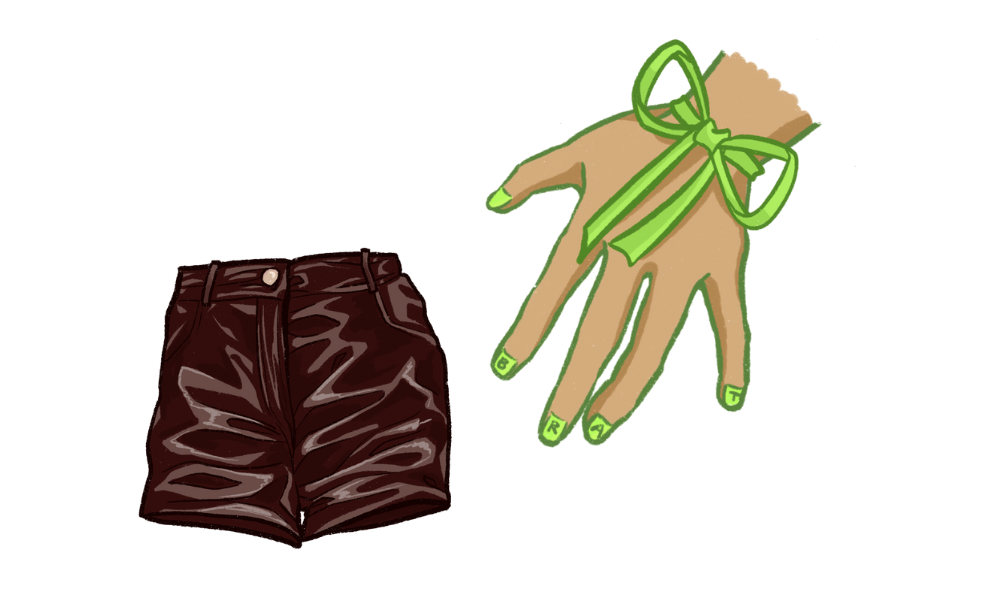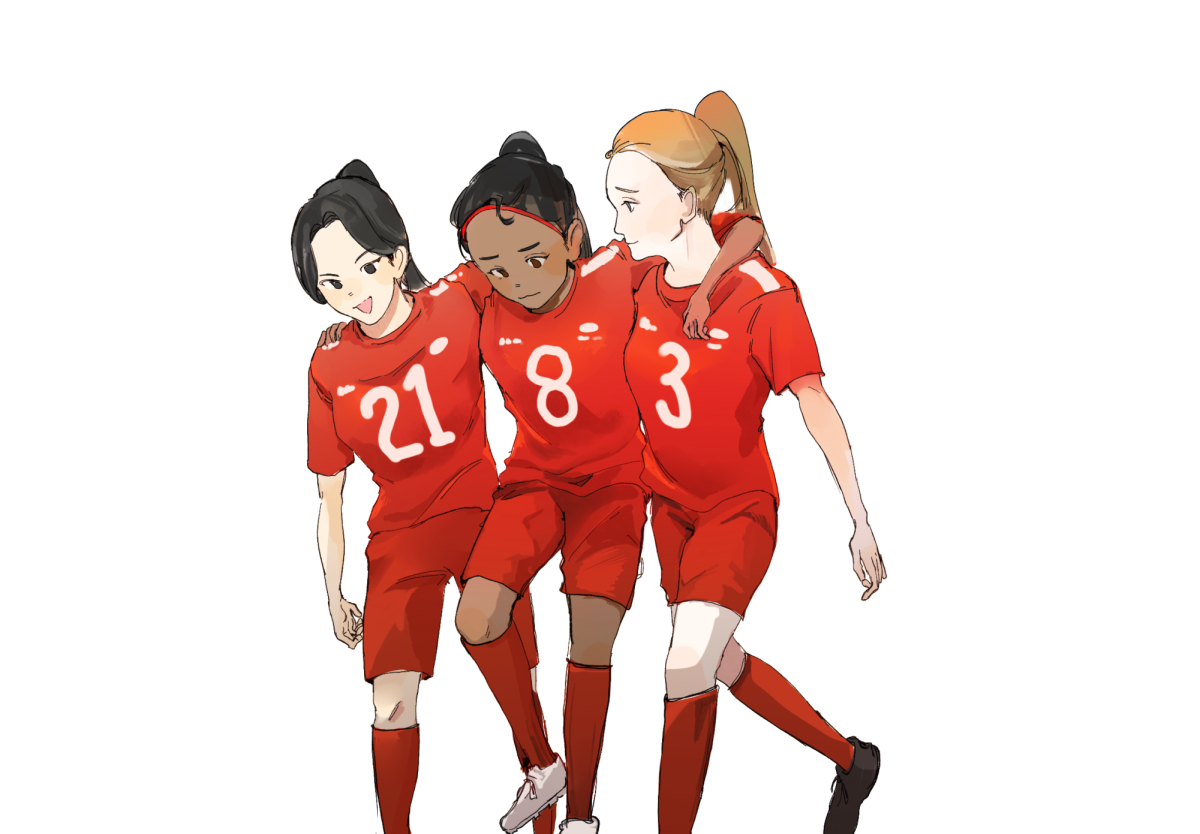Written by Anyi Cheng
Pleasure reading is dying a slow, terrible death, and we are doing nothing to stop it.
The change is one that happened gradually—too slow for me to be aware that it was happening at all. It’s shocking how little I now actually read for pleasure, especially when I used to be a total bookworm.
When I was a kid, I couldn’t get enough of books. I ate meals with one hand clutching a fork and the other hand pinning down an open novel. Whether it was a Garfield comic collection or a Percy Jackson book, I was perfectly content. Now, however, I spend more time watching cooking shows on Netflix or scrolling through Instagram browsing memes.
When did this flimsy entertainment squash out good, honest literature? I might reblog Tumblr textposts about how much I love the smell of old paper or the cracking of a new book’s spine, or nestling in bed with a paperback on a rainy day, yet I can’t remember the last time I actually finished a book that wasn’t assigned in English class. I might romanticize reading and lament its death, yet I am doing little to try and revive its presence in my life.
I’d like to blame schoolwork. It would be easy for me to say that I have too much homework or that I’m crunched by extracurriculars, and that these are what cause the problem that prevents me from properly enjoying a book. In high school, students are so swamped with other commitments that it can be hard to find time to read for fun. But I would be a hypocrite if this is all I said, be- cause, despite all of my other activities, I still find time to idle away. e time I spend in front of the TV or on my phone isn’t necessary at all; in fact, it’s o en squandered.
A more honest answer to the cause of pleasure reading’s death, I think, is that we have grown lazy. Reading requires all of the mind to be present. When we absorb the language, we choose to immerse ourselves in the world the author has created. Net ix and memes, on the other hand, are mindless. It’s easier for us to unlock our phone than to open up a book because we don’t like to expend the effort it takes to not just read, but to think carefully—to probe the syntax, to taste the words, to savor the implications—that’s much harder. We choose the easy option, the fast entertainment, because they’re our cheap fix. Like a two-dollar microwave chicken dinner over an expensive gourmet sit-down steak dinner, it’s almost an addicting habit to put aside books and pick up the remote.
I’m not bashing on television or other forms of entertainment. Each have their merits, and strike me a fool and a liar if I ever claim to have never binge-watched a series or spent an entire weekend in bed on my phone.
But that doesn’t mean we should forget about books, however. There is still time and chance to rescue our novels from the painful deaths they don’t deserve. Spend 15 minutes a day dedicated to nothing but reading—and who can tell if that 15 minutes won’t turn into an hour or two? I have strong cause for hope that reading can still be saved. After all, there is a reason the rise of video games and movie streaming hasn’t yet squashed out books. There is a rich and deep magic around books that tends to permeate and enrapture us, elsewise literature might have already died out centuries ago. All we have to do is let it in.









